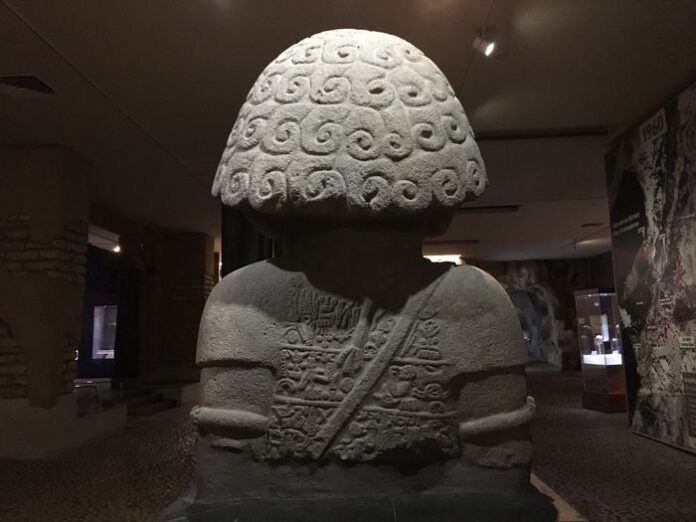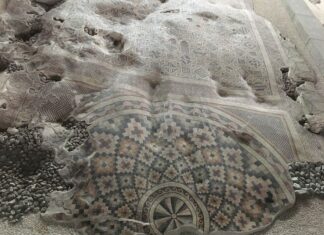We must also reckon among them those, who, though not born in lawful wedlock, nevertheless, according to the tenor of the imperial constitutiones, acquire the rights of sui heredes by being presented to the curiae of their cities; as also those to whom our own constitutiones refer, which enact that, if any person has lived with a woman not originally intending to marry her, but whom he is not prohibited to marry, and shall have children by her, and shall afterwards, feeling towards her the affection of a husband, enter into an act of marriage with her, and have by her sons or daughters, not only those born after the settlement of the dowry shall be legitimate, and in the power of the father, but also those born before, who gave occasion to the legitimacy of the children born after.
And this law shall obtain, although no children are born subsequent to the making of the act of dowry, or those born are all a great-grandson or great-granddaughter, are not reckoned the sui heredes, unless the person preceding them in degree has ceased to be under the power of the decedent, either by death, or some other means, as by emancipation.
For, if a son, when the grandfather died, was under the power of his father, the grandson cannot be suus heres of his grandfather; and so with regard to all other descendants. Posthumous children, also, who would have been under the power of their father, if they had been born in his lifetime, are sui heredes.
Inheritance is at once continued
3. Sui heredes may become heirs, without their knowledge, and even though insane; for in every case in which inheritances may be acquired without our knowledge, they may also be acquired by the insane. At the death of the father, ownership in an inheritance is at once continued; accordingly, the authority of a tutor is not necessary, as inheritances may be acquired by sui heredes without their knowledge: neither does an insane person acquire by assent of his curator, but by operation of law.
4. But sometimes a child becomes a suus heres, although he was not under power at the death of his parent; as when a person returns from captivity after the death of his father. He is then made a suus heres by the ius postliminii.
5. On the contrary, it may happen that a child who, at the death of his parent, was under his power, is not his suus heres: as when a parent after his decease, is adjudged to have been guilty of treason. and his memory is thus made infamous. He can then have no suus heres, as it is the fiscus that succeeds to his estate. In this case it may be said that there has in law been a sui heres, but that he has ceased to be so.







